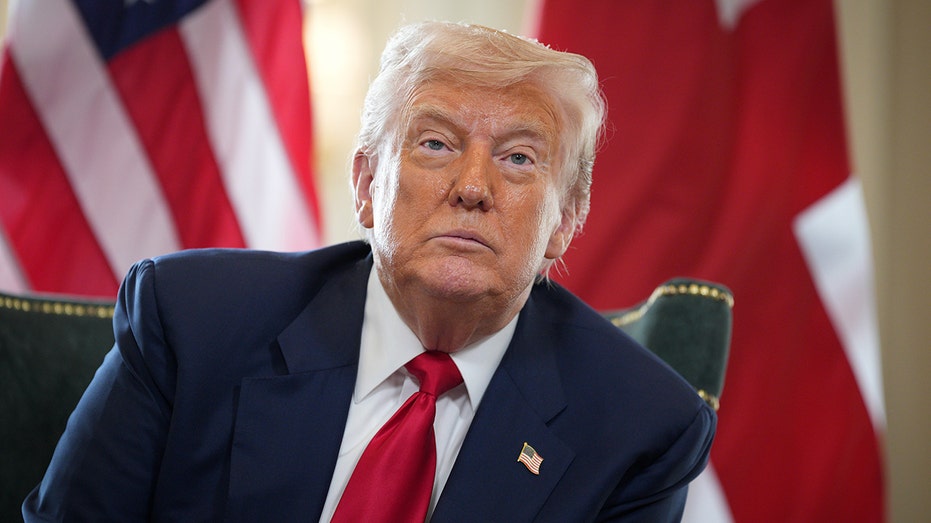In a significant exchange highlighting evolving international dynamics, former President Donald Trump issued a stern caution to Dmitry Medvedev, the deputy chairman of Russia’s Security Council, urging him to carefully consider his pronouncements on sensitive global matters. This direct address underscores a period of heightened geopolitical tensions and intricate economic realignments on the international stage. The former American leader’s remarks signaled a firm stance against what he perceives as provocative rhetoric, setting a challenging tone for future diplomatic engagements.
Medvedev swiftly responded to Trump’s warning by referencing a Cold War-era strategic deterrent, implying a deep-seated historical resolve in their nation’s foreign policy approach. He characterized Trump’s reaction as a confirmation of their own position, vowing continued adherence to their chosen course amidst ongoing global shifts. This exchange reveals the underlying strategic mindsets at play in the arena of international relations, where historical references serve to amplify current geopolitical assertions.
Trump further articulated his views on global economic partnerships, specifically addressing India’s trade practices and its engagement with various nations. He expressed concerns over India’s tariff structures, deeming them excessively high, and questioned its continued economic dealings with certain entities. These statements underscore his administration’s consistent focus on reciprocal trade policies and the critical role of economic fairness in international agreements, aligning with a broader strategy of American economic revitalization.
The former President’s approach to international trade agreements consistently ties economic cooperation to foreign policy alignment. He has frequently communicated that favorable trade deals with other countries are contingent upon their support for United States diplomatic objectives. This policy framework suggests a strategic use of economic leverage to influence global behaviors and partnerships, redefining the parameters of bilateral and multilateral agreements.
Moreover, Trump critically assessed the formation and objectives of specific international economic blocs, such as BRICS. He described such alliances as fundamentally challenging the United States’ global economic standing and, specifically, the dominance of the dollar. His commentary highlights an acute awareness of emerging economic power centers and their potential impact on established financial systems, framing these developments as a direct challenge to American fiscal leadership.
Publicly, Trump has often articulated timelines and conditions for resolving various international impasses, urging a swift resolution to complex global economic and political stalemates. He has suggested that nations recalibrate their stances to avoid punitive economic measures, including tariffs, which he views as necessary tools to enforce compliance with international norms and trade equity. These pronouncements reflect a persistent effort to reassert American influence through economic pressure points.
In his counter-critique, Medvedev cautioned Trump against what he perceived as an “ultimatum game,” suggesting such tactics escalate international friction rather than foster constructive dialogue. He emphasized the unique geopolitical standing of his nation, distinguishing it from others, and warned that each new demand pushed relations closer to broader global instability. His remarks highlight a resistance to what is seen as unilateral pressure and a call for a more nuanced approach to complex international issues.
The ongoing dialogue between these prominent figures underscores fundamental differences in their visions for international order and economic engagement. Their public exchanges, fraught with assertive rhetoric and strategic posturing, signify the intricate and often confrontational nature of modern geopolitical and economic relations. The implications of these high-stakes discussions extend to global trade frameworks, diplomatic alliances, and the future trajectory of international stability, demanding close attention from observers worldwide.






Leave a Reply